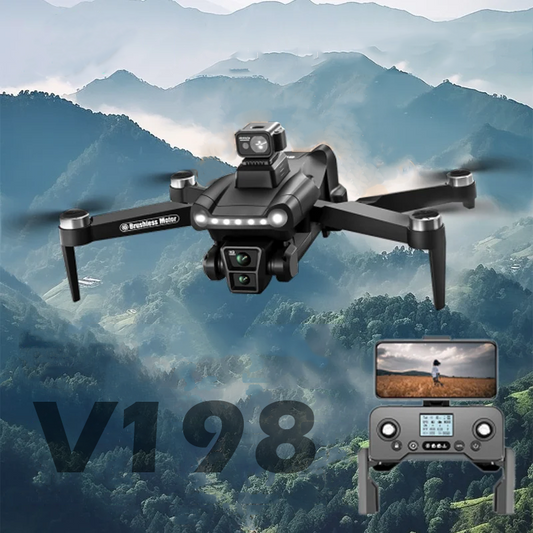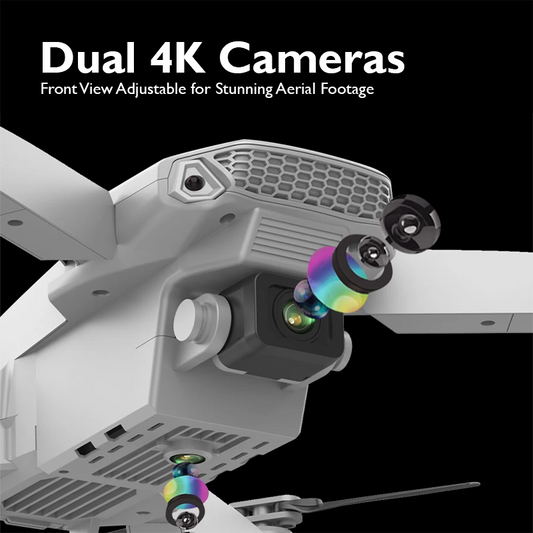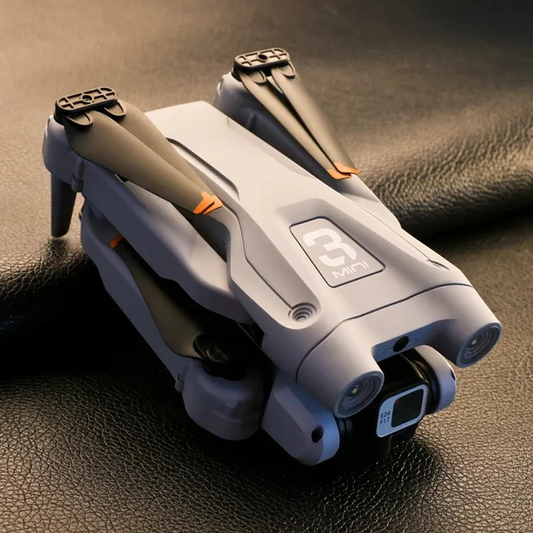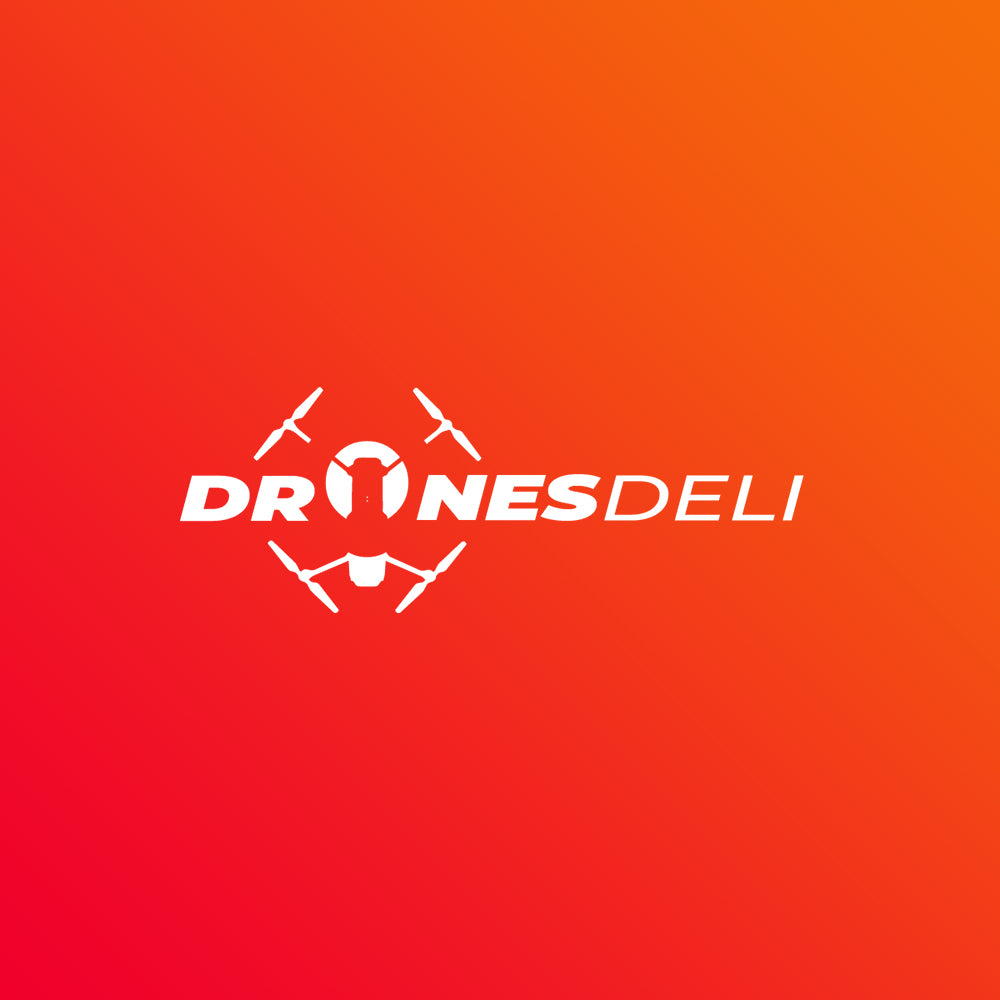Drone Regulations: Navigating the Legal Landscape

In recent years, the popularity of drones has soared to new heights, quite literally. Drones, also known as Unmanned Aerial Vehicles (UAVs), have become increasingly accessible to hobbyists, businesses, and enthusiasts alike. However, with this surge in drone usage comes the need for a clear understanding of the legal landscape governing their operation. Navigating the intricate web of drone regulations is crucial for ensuring safe and legal UAV operations. In this comprehensive guide, we'll delve into the key aspects of drone regulations, helping you stay compliant and fly your drone with confidence.
Understanding the Basics
Before taking flight, it's essential to grasp the fundamental principles that govern drone use. In most countries, regulatory bodies, such as the Federal Aviation Administration (FAA) in the United States or the Civil Aviation Authority (CAA) in the United Kingdom, set the rules for drone operations. These regulations are designed to ensure the safety of both airspace and individuals on the ground.
Key Regulations to Consider:
1.Registration Requirements:
Many countries mandate the registration of drones above a certain weight. This process typically involves providing information about the drone and the operator, helping authorities track and manage UAV usage.
2.Airspace Restrictions:
Certain areas, such as airports and government facilities, have strict restrictions on drone flights. Understanding these no-fly zones is crucial to prevent potential legal consequences and ensure the safety of manned aircraft.
3.Operational Limits:
Regulations often specify maximum altitude and distance limits for drone flights. Adhering to these restrictions prevents interference with manned aircraft and minimises the risk of accidents.
4.Insurance and Liability:

Some jurisdictions require drone operators to carry insurance coverage to handle potential damages or accidents. Checking the insurance requirements in your area is a critical step in compliance.
The Evolving Nature of Drone Regulations

Drone regulations are dynamic and subject to change as technology advances and the number of drone users increases. Staying informed about updates and amendments is vital for maintaining compliance. Regulatory bodies often adapt their rules to address emerging challenges and ensure the safe integration of drones into the airspace.
Stay Updated with the Following Strategies:
1.Regularly Check Official Websites:
Government agencies responsible for drone regulations regularly update their websites with the latest information. Stay informed by checking these sites for any new guidelines or changes to existing regulations.
2.Join Drone Communities:

Engaging with drone communities provides an excellent opportunity to stay updated on regulatory changes. Online forums, social media groups, and local drone clubs are valuable sources of information and support.
3.Attend Workshops and Seminars:

Many industry events and workshops focus on drone regulations and compliance. Participating in these events not only enhances your knowledge but also provides a platform to interact with experts and authorities.
Global Perspectives on Drone Regulations
While drone regulations share common principles, there are variations from one country to another. Understanding the global perspectives on drone regulations is essential, especially if you plan to operate your UAV internationally.
Key Considerations for International Operations:
1.Research Local Laws:
Before flying your drone in a new country, familiarise yourself with its specific regulations. Some countries may have stricter rules, and ignorance of these laws is not an excuse for non-compliance.
2.Obtain Necessary Permits:
Certain countries require permits for drone operations. Ensure you obtain the necessary authorizations well in advance to avoid legal complications during your international flights.
3.Cultural Sensitivity:
Be aware of cultural differences and sensitivities that may affect drone use. Some areas may consider drones intrusive, and respecting local customs is crucial for smooth operations.
Drones in Commercial and Industrial Applications

The application of drones extends far beyond recreational use, with various industries leveraging UAV technology for tasks ranging from aerial surveys to delivery services. However, the integration of drones into commercial and industrial settings comes with additional regulatory considerations.
Industry-Specific Regulations:
1.Part 107 Certification (U.S.):
In the United States, commercial drone operators must obtain a Part 107 certification from the FAA. This involves passing a knowledge test to demonstrate a thorough understanding of airspace regulations and safe drone operation.
2.Special Permissions:
Some industries, such as agriculture or construction, may require special permissions for specific drone activities. Check with relevant authorities to ensure compliance with industry-specific regulations.
3.Privacy Concerns:
Drones equipped with cameras raise privacy concerns. Understanding and adhering to privacy regulations is crucial, especially when conducting aerial surveys or capturing images in populated areas.
Emerging Technologies and Future Regulations

As drone technology continues to evolve, regulatory bodies are adapting to address the challenges and opportunities presented by new developments. From advancements in artificial intelligence to the integration of drones into urban airspace, the future of drone regulations is likely to witness significant changes.
Anticipating Future Developments:

1.Urban Air Mobility (UAM):
With the rise of urban air mobility, regulations governing the use of drones in urban areas are likely to become more sophisticated. Understanding and complying with these regulations will be essential for businesses and individuals involved in UAM.
2.Remote ID Requirements:
Many countries are exploring or implementing remote identification requirements for drones. This technology allows authorities to identify and track drones in real-time, enhancing overall airspace security.
3.Collaboration with Regulatory Bodies:
As the drone industry matures, collaboration between stakeholders, including drone manufacturers, operators, and regulatory bodies, will play a crucial role in shaping future regulations. Stay engaged with industry developments and contribute to discussions on the regulatory framework.
In conclusion, navigating the legal landscape of drone regulations is imperative for safe and responsible UAV operations. Whether you're a hobbyist, a commercial operator, or an enthusiast exploring the vast possibilities of drone technology, understanding and complying with regulations is key.
Regularly updating your knowledge, staying informed about global perspectives, and anticipating future developments will empower you to navigate the evolving regulatory landscape successfully. By doing so, you not only contribute to the safe integration of drones into airspace but also ensure a positive and sustainable future for this exciting technology. Fly responsibly, stay informed, and enjoy the endless possibilities that drone technology brings.
Explore a variety of drones at our online drone store.
Happy Flying!











